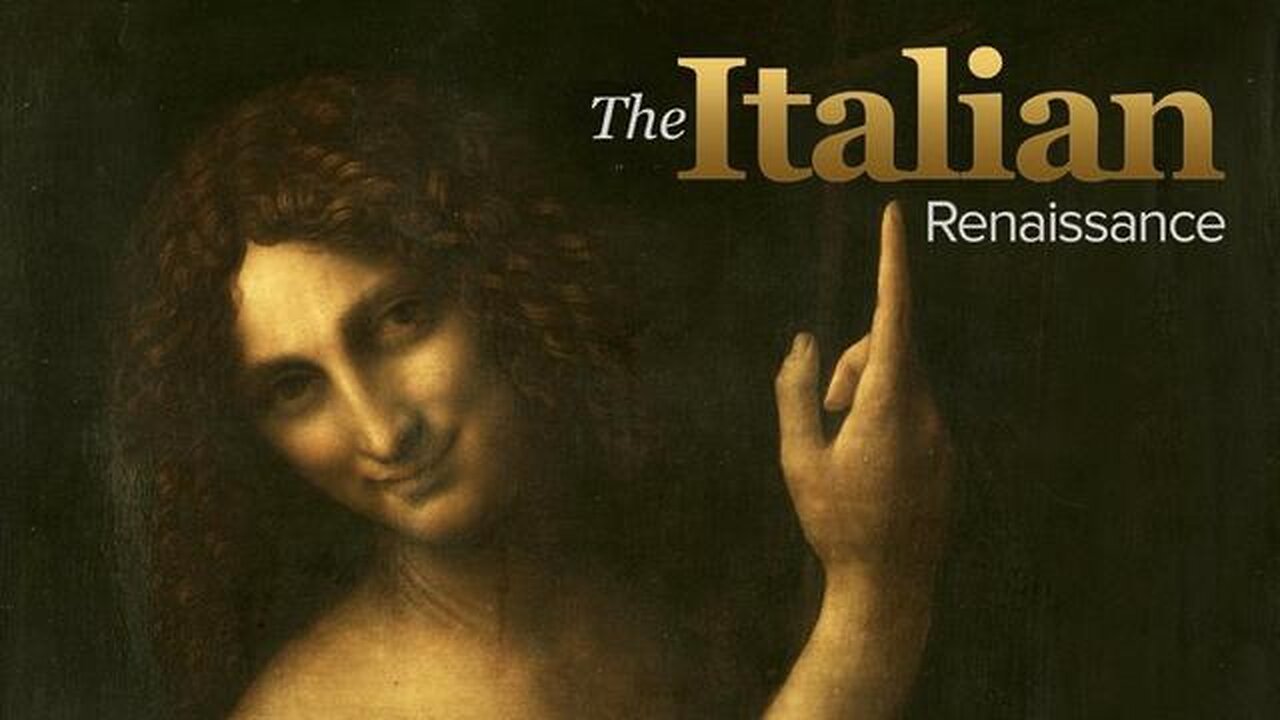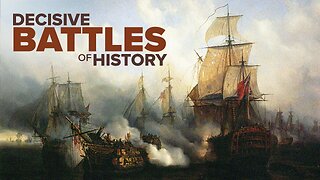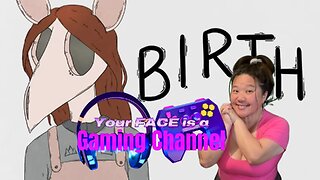Premium Only Content

The Italian Renaissance | Petrarch and the Foundations of Humanism (Lecture 5)
Lecture 5: Humanism was the new perspective of the Renaissance, both as an ideology and as a method of education. It was founded on the twin beliefs that recognition of the content and style of ancient literature could improve the human condition and that the experience of life on Earth could be valuable in itself. The conscious creation of the individual personality and the acquisition of the means to define one’s experience for the benefit of others were natural consequences of this perspective.
Francesco Petrarca (Petrarch, 1304–1374) can justly be described as the father of Humanism. Petrarch was born of an exiled Florentine who sought employment at the papal court in Avignon. He studied law at the universities of Montpellier and Bologna, using as texts the precepts of Roman civil law compiled at the time of Justinian. Also, he read the Latin classics, especially Cicero, to develop rhetorical skill and knowledge of the past. Ultimately, Petrarch discovered his real vocation was poetry. His love of the Latin classics and of early Christian thinkers, such as Augustine, drove him to investigate his own motivations, feelings, and desires. His love poetry, the canzoniere, helped define modern romantic love, and his desire to know himself recovered the genre of autobiography.
Primary Source Texts:
Kenneth R. Bartlett, “Petrarch,” pp. 17–32, in The Civilization of the Italian Renaissance.
Francesco Petrarch, The Secret.
———, Selected Sonnets, Odes and Letters.
Secondary Sources:
John Larner, Italy in the Age of Dante and Petrarch, 1216–1380.
Ernest Hatch Wilkins, Life of Petrarch.
Lecture 6: https://rumble.com/v4xengq-the-italian-renaissance-the-recovery-of-antiquity-lecture-6.html
-
 30:05
30:05
The Great Courses
1 month agoDecisive Battles of World History | 1942 Stalingrad - Hitler's Ambitions Crushed (Lecture 35)
158 -
 4:27:47
4:27:47
elwolfpr
4 hours agoThe Reaper Returns: I’m Back, Baby!
7.59K1 -
 3:02:07
3:02:07
TinyPandaface
3 hours agoYour FACE is a Gaming Channel! | Birth
9.02K -
 1:49:18
1:49:18
FreshandFit
6 hours agoLauren Southern Accuses Tate Of Abuse!
41.2K63 -
 LIVE
LIVE
Toolman Tim
2 hours agoDOOM: Dark Ages - First Runthrough | Gaming Thinktank
186 watching -
 2:52:05
2:52:05
TimcastIRL
5 hours agoBREAKING: Trump DOJ FIRES Epstein Prosecutor, James Comey's Daughter Amid Controversy | Timcast IRL
228K97 -
 3:23:07
3:23:07
Barry Cunningham
6 hours agoPRESIDENT TRUMP IS BUILDING A NEW MAGA! ARE YOU READY FOR THE NEXT ACT?
61.7K88 -
 2:33:10
2:33:10
Laura Loomer
4 hours agoEP133: GOP Congresswoman Caught Leaking To Qatar
44.6K21 -
 DVR
DVR
I_Came_With_Fire_Podcast
11 hours agoTRUMP vs FED CHAIR JEROME POWELL | NATO Playing Ball? | Doxxing ICE | AI Music Hoax
14.7K1 -
 LIVE
LIVE
Geeks + Gamers
4 hours agoMario Kart World LIVE - Nintendo Switch 2
196 watching